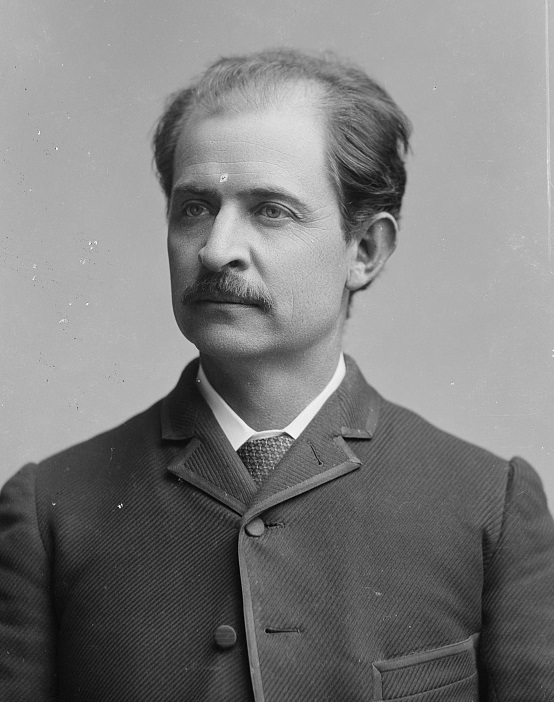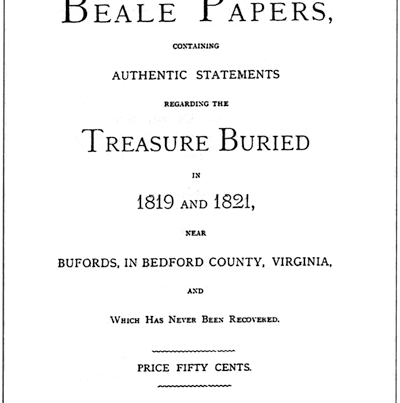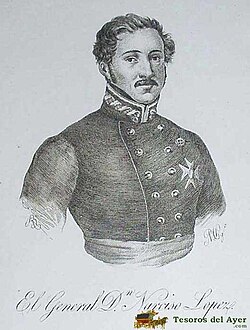
Editor’s note: The following story was told by “Private” John Allen, a Congressmen from Mississippi from 1885-1901.
“I want to tell you of the greatest legal victory of my life,” said Allen once to a group of congressmen. “It was down in Tupelo, just after the war. I was at that time a practicing lawyer—that is, I practiced when I had any cases to practice with. One day ‘Uncle’ Pompey, a negro of the settlement, came into my office and said: ‘Mars John, I wants you to clar me. I’se gwine to be ‘rested for stealin’ two hams outen de cross-road store.’ ‘Well, Pompey, did you really steal the hams?’ ‘Mars John, I just took ’em.’ ‘Did any one see you?’ ‘Yas, boss,’ said the old negro disconsolately, ‘two ole white buckrats.’ ‘Well, Pompey,’ I replied, ‘I can’t do anything for you under the circumstances.’ ‘Now, Mars John,’ said Old Pompey, ‘here’s ten dollars. I jist want you to try.’
“Well, I consented to try,” said Allen. “The case was to be heard before an old magistrate named Johnson. He was totally uneducated, and was moreover a perfect dictator. No negro ever came before him who was not fined the maximum penalty. The magistrate heard the case. That Pompey stole the hams there could be no doubt from the testimony. I did not cross-examine the witnesses; but when the testimony was all in, I arose, and in my most dignified manner addressed the magistrate: ‘May it please your honor, it would be useless for me to argue the position my client now holds, and before one who would adorn the Superior if not the Supreme bench of this grand old commonwealth; and I may say that those who know you best say that you would grace even the Supreme Court of the United States—the highest tribunal in the land. It will be useless to dwell upon the testimony; you have heard it, and know the case as well as I do. However, it may not be out of order for me to call your honor’s attention to a short passage in the old English law, which clearly decides the case, and which for the moment your honor may have forgotten.’
“Then I fished down into my pocket and drew forth, with a great flourish, an old copy of Julius Cæsar. I opened it with great dignity, and read the line familiar to every schoolboy-‘Omnia Gallia in partes tres divisa est.’ ‘That decides the case,’ said I, throwing the book upon the table. ‘That clearly acquits the defendant.'”
“With great dignity and solemnity I took my seat. The old magistrate was completely nonplussed. He looked at me a moment quizzically, and scratched his head; then, turning to Pompey, he raised himself to his full height, and said: ‘Pompey, I know you stole them hams, but by the ingenuity of your lawyer, I’ve got to let you go. Git out! and if you ever come here again, lawyer or no lawyer, you git six months.'”






He ran against my GGF for Congress, General William F. Tucker, who had lost an arm at Resaca.
Allen brilliantly suggested everyone who had been generals, should vote for General Tucker… All the privates, like “private John Allen” should vote for him.